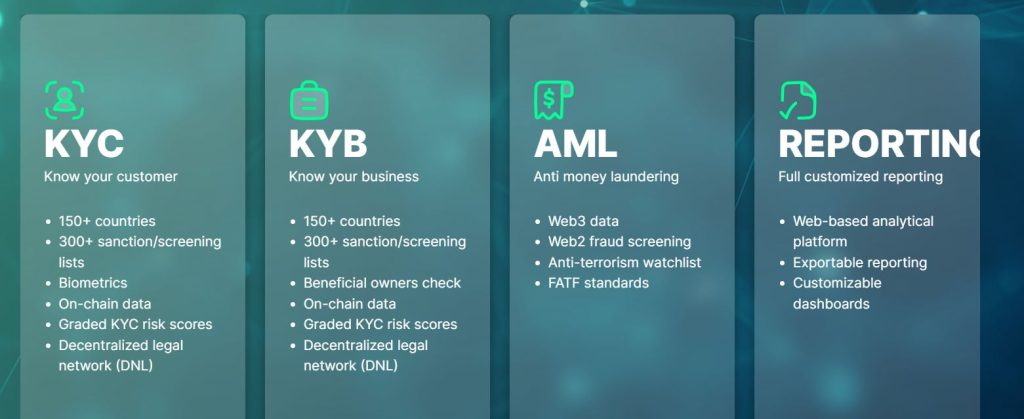- Summary:
- AMLD5 compliance was developed by the EU to seal the loopholes that previously existed in the sector and Astra Protocol has inbuilt it
Astra Protocol, the groundbreaking web3 compliance system, has revealed its plan to help cryptocurrency exchanges and wallets in conforming to the EU’s Fifth Anti-Money Laundering Directive (AMLD5). Astra makes it easy to stay in compliance with regulations like AMLD5 by including these standards in the platform.
Compliance in the era of tight regulations
The Protocol’s creative solution to AMLD5 legislation demonstrates its dedication to being the industry standard in DeFi compliance integration. Astra Protocol sees the implementation of AMLD5 as an opportunity, despite the fact that it has created difficulties for the crypto business sector in the EU block. According to the company’s compliance protocol, all necessary AML and KYC checks are conducted and validated before processing any transactions.

Astra Protocol is built on a globally patented technology developed by experts in the sectors of financial services, law, and compliance, and it is compatible with DeFi platforms, cryptocurrency exchanges, and cryptocurrency wallets. It guarantees that the AMLD5 requirements for preventing money laundering and funding terrorism are met.
The impact of the Astra Protocol on AMLD5 conformance is significant. Every single transaction will be in accordance with the rules because the Protocol’s compliance technique incorporates AML and KYC checks. Also, the risk of fraudulent activities is greatly reduced because the protocol adds an extra degree of transparency and accountability. By doing this, regulators and stakeholders can easily verify the legitimacy of transactions.
The purpose of the new regulations is to increase faith in DeFi by making sure the industry grows in a controlled, lawful way. Notably, legal text, rules, and logic are all embedded into the blockchain in Astra Protocol’s smart contract architecture, making it stand out from other similar systems. In addition to guaranteeing that the decentralised infrastructure is always in accordance with the law, it works as a go-between to enforce contractual commitments via smart contracts.


